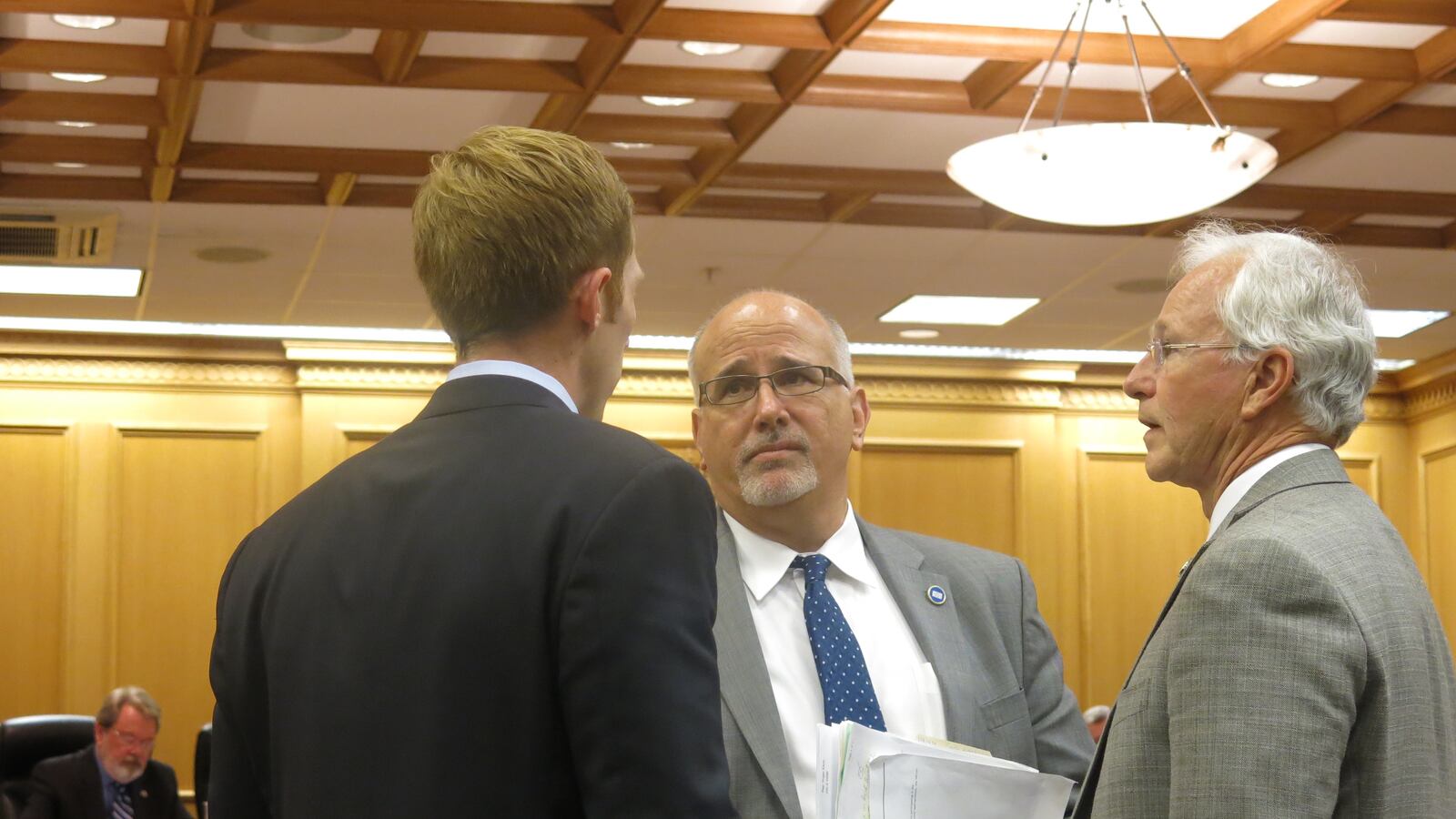A school choice measure allowing students to take classes from other public school districts was approved unanimously Tuesday by two key state legislative committees.
The bill, introduced by Rep. Roger Kane and Sen. Dolores Gresham, establishes a “course access program” that allows public school students to use a limited form of a school voucher to pay for courses from other public schools or districts via webcam and computer.
The measure is expected to reach the House and Senate floors during the next week after getting Tuesday’s green light in the House and Senate finance committees.
“Say you have a child who wants to study international business when he gets to college, but your high school only has French I and II,” Kane told the House panel. “You could go in through this program … and you could take French III or IV at your public high school, but maybe Putnam County is teaching it.”
The proposal comes with a price tag of about $100,000 for each participating districts, and a neutral price tag for the state.
The cost was substantially pared down by limiting the program to only Tennessee public schools; eventually, sponsors hope students can use the money to take classes at private schools, universities or online, which would cost the state about $8 million a year. The bill’s sponsors decided to shrink the scope of the proposal after realizing the level of accountability and oversight — and the associated cost — that would be involved.
If the bill becomes law, Tennessee will join more than a dozen other states in offering “course access programs,” which allow students to take classes beyond the sometimes limited offerings at their local public school. One proponent at the Clayton Christensen Institute for Disruptive Innovation called course access school choice “on steroids.” Tennessee’s proposal was written by the Beacon Institute, a Nashville-based free-market think tank that supports school vouchers.

Students could take classes in other districts using webcams and other technology, which is included in the projected cost. Putnam County Schools already has a program in which students can take some classes not offered at their local school remotely.
The bill does not require all districts to participate and allows district leaders to decide which courses students can take outside of their school or district.
Justin Owen, president of the Beacon Institute, hopes the program will grow beyond public schools.
“It’s a good first step,” he said of the current proposal. “If we can work out what the accountability and oversight would look like, we’d like to see it expand.”


